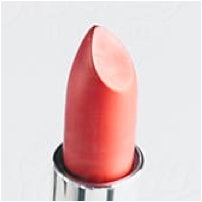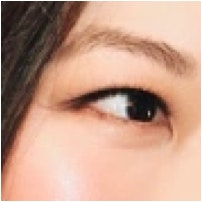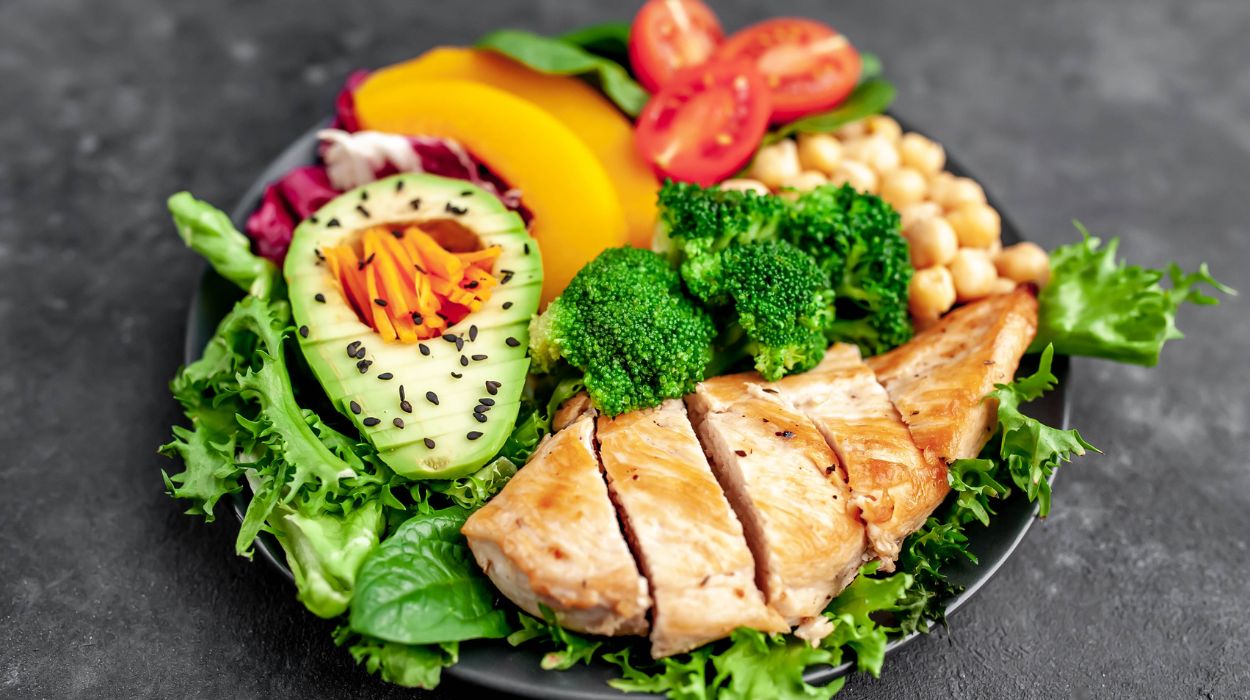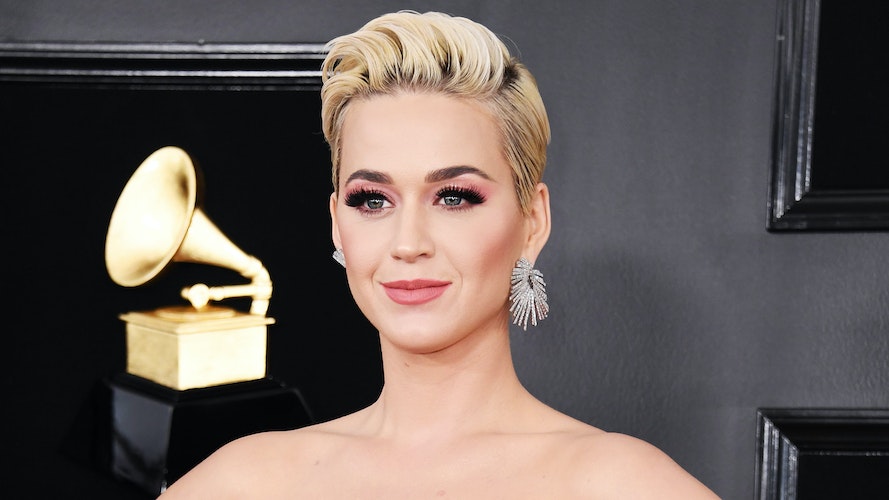How My Skin Transformed After I Gave Up Dairy
Thespotlyte | August 01, 23
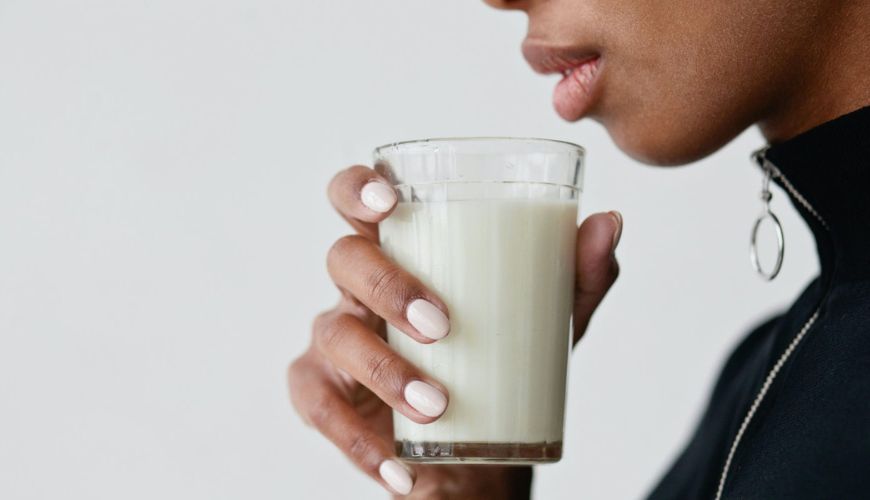
Acne is hardly ever experienced in the way it’s portrayed in commercials. It’s not a mere matter of dramatically cringing when you look in the mirror and see a zit; living with acne can be one of the most frustrating, relentless struggles you face when it comes to beauty and health. You can’t run away from it, no matter how much concealer you put on your face.
I struggled with acne in my late teenage years, which was quite normal. Much to my dismay, though, my acne inadvertently got worse in my early twenties. I remember being in graduate school and feeling insecure about going to a meeting with my professor to discuss my research because of the multiple pimples on my forehead. It was humiliating to face colleagues and mentors when my face was covered in noticeable blemishes.
Fast forward a couple years later, though, and I watched my acne disappear at a pleasantly alarming rate. Upon seeing my clear, glowing skin on a Friday morning, I raided my bathroom cabinet to see what new product it was that could have granted me this gift. That’s when I realized it might not have been the change in skincare that brought me to this happy point — it was perhaps the change in my diet.
Until shortly before this moment, I had eaten a normal, fairly healthy diet. I’d stayed away from processed and packaged foods, ate lean protein and complex carbohydrates, and indulged in sweets from time to time (but not often). However, one thing I had trouble moderating at the time was dairy. I was a sucker for yogurt and cheese — and anything smothered in yogurt or cheese.
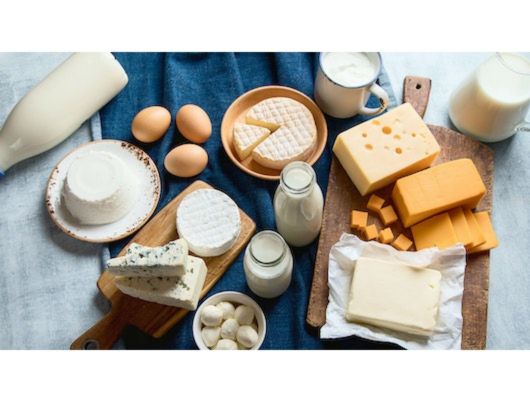
Despite my love for it, I chose to give up dairy because I’d learned about all the negative impacts this food group can potentially have on the body. For example, some studies have claimed that milk intake could be linked to certain cancers. I decided to go cold turkey.
Giving up dairy certainly wasn’t easy in the beginning (turns out I was much more addicted to brie than I realized), but the good news is it may have had a positive effect on my skin. After about six weeks into my experience, I noticed that hardly any new pimples were forming on my face. There was also a natural glow across my face — even when I forgot to apply moisturizer. At first, I thought it was nothing more than the placebo effect, but friends and family were noticing it and offering genuine compliments: It wasn’t all in my head.
The question, though, was whether my experience was a common one. I asked Dr. Rebecca Baxt, a board-certified dermatologist based in Paramus, New Jersey, for her opinion. “In selected patients, dairy is occasionally harmful,” Dr. Baxt explains. “There are some patients who break out in pimples from eating dairy, but this is the exception and not the rule.”
There have been a few studies showing the connection between dairy and acne, but there aren’t many with strong scientific evidence to say it’s a frequent phenomenon. For example, a 2005 study surveying over 47,000 women found “a positive association with acne for intake of total milk and skim milk,” but more specifically it discovered that instant breakfast drink, sherbet, cottage cheese, and cream cheese were the foods most strongly associated with acne. These aren’t all exactly clean, whole foods, so the issue could lie somewhere other than dairy itself.
Liz Letchford, MS, ATC, nutrition expert and certified trainer, agrees we need to see some more scientific evidence on the matter. However, that doesn’t mean we can completely rule out the connection between dairy and acne. “While there is still a need for further research, studies have shown correlations between consumption of low-fat and skim milk and acne,” she explains. “Milk, which is designed to make calves grow, contains numerous growth factors and hormones including IGF-1, which is strongly correlated with the prevalence of acne in teenagers and young adults.”
So while it might not be a guarantee that you’ll get acne from consuming a lot of dairy, it’s certainly a possibility. Letchford points out that the exact correlation between acne and dairy is still unknown. “A prevailing theory has to do with the hormonal profile of dairy milk,” she says. These cows are treated with artificial hormones to stimulate milk supply, and it’s possible that those hormones affect ours and in turn, cause blemishes.
“Removing anything from your lifestyle that causes irritation or inflammation can have benefits across all aspects of wellness,” Letchford continues. That includes joint health, mental health, and potentially even the health of your skin. “Eliminating dairy from the diet may be a step in the right direction,” she concludes. “I noticed an improvement in my own skin after dramatically reducing my dairy consumption.”
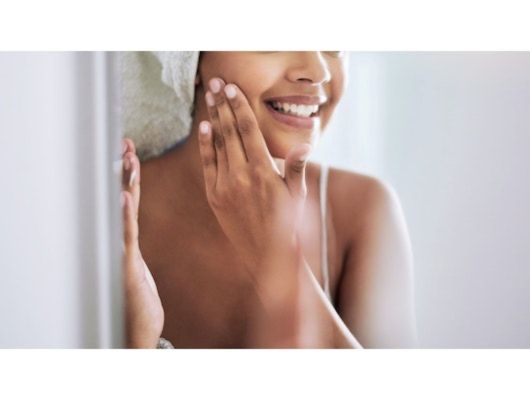
Before you go throwing out all the Greek yogurt in your fridge, though, Dr. Baxt recommends you take a moment and see a professional before you make any big assumptions about your skin. “For someone who struggles with acne and [finding that] over-the-counter medications are not working well, the best recommendation is to see a board-certified dermatologist to figure out what is causing the acne and the best way to treat it,” she explains. “If it is sweat-induced, stress-induced, or hormonal, then eliminating dairy will have no effect.”
If you want to test it out, cut dairy from your diet for at least a month and keep track of the changes you see, if any. “The skin takes three [to four] weeks approximately to turn over, so any new intervention usually takes four to six weeks to see,” Dr. Baxt notes.
At the end of the day, just because eliminating dairy worked for me doesn’t mean it will necessarily work for everyone. It is certainly a connection worth exploring, though, even if we don’t have strong scientific evidence to support the claim as of now. Since my acne has started to disappear, I recently (and cautiously) reintroduced some dairy into my diet. I occasionally enjoy my favorite sharp cheddar cheese and cookie dough ice cream but, all in all, my dairy intake is significantly reduced — and my skin is still clear and glowing.



